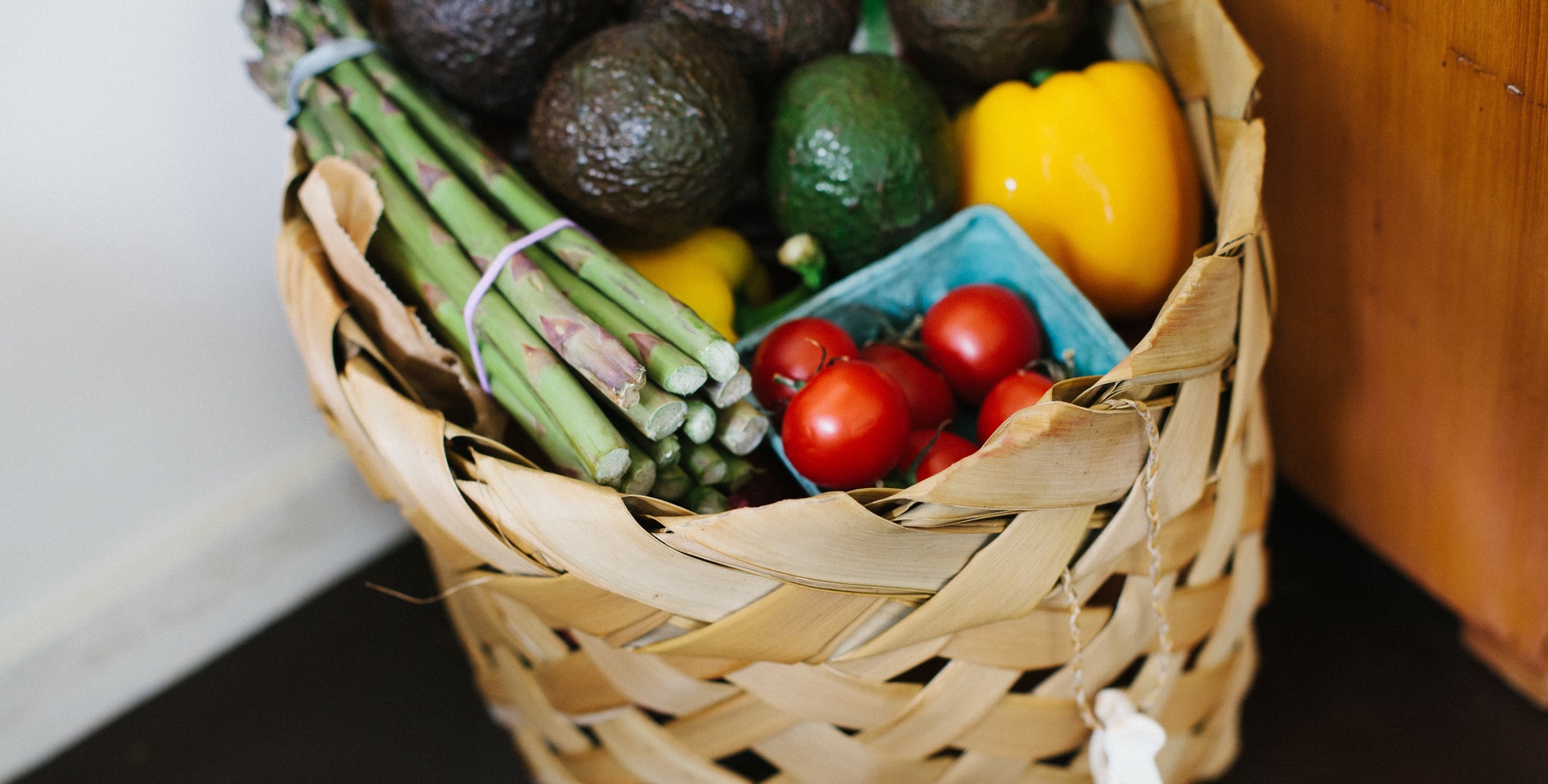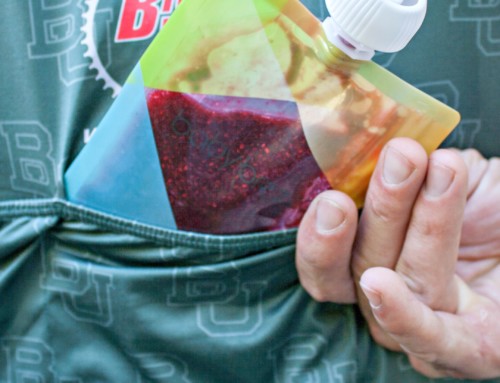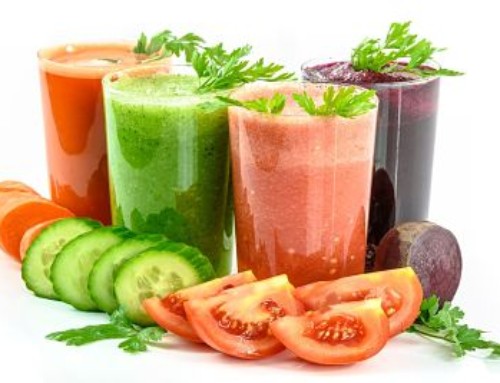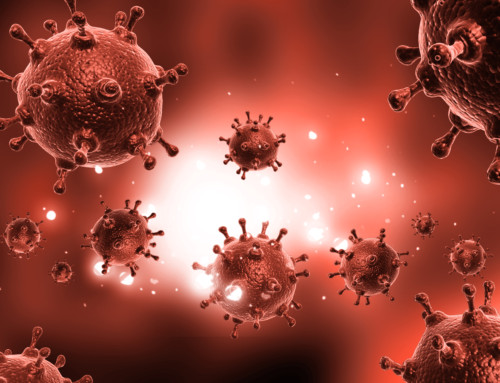Author: Em Wooden
People choose to cut animal products out of their diets for myriad reasons. Whether you are motivated by health factors or personal ethics, it is important to ensure that you are getting enough protein when you stop eating meat and dairy. Vegans are not the only people who should consider alternative protein options; vegetarians, pescatarians, and carnivores can absolutely benefit from incorporating these foods into their diets as well. Athletes need to consume more calories of all types than the average person, but according to a 2009 study conducted by the American Dietetic Association, extra protein is especially important for athletes as it allows their muscles to grow and recover. It also helps athletes to maintain a healthy weight. There are nine amino acids that the human body requires in order to function properly but cannot produce itself. They need to come from a source outside of the body, and that is where dietary protein comes in: it is comprised of amino acids. The challenge for vegans is to find these amino acids in sources other than animal products.
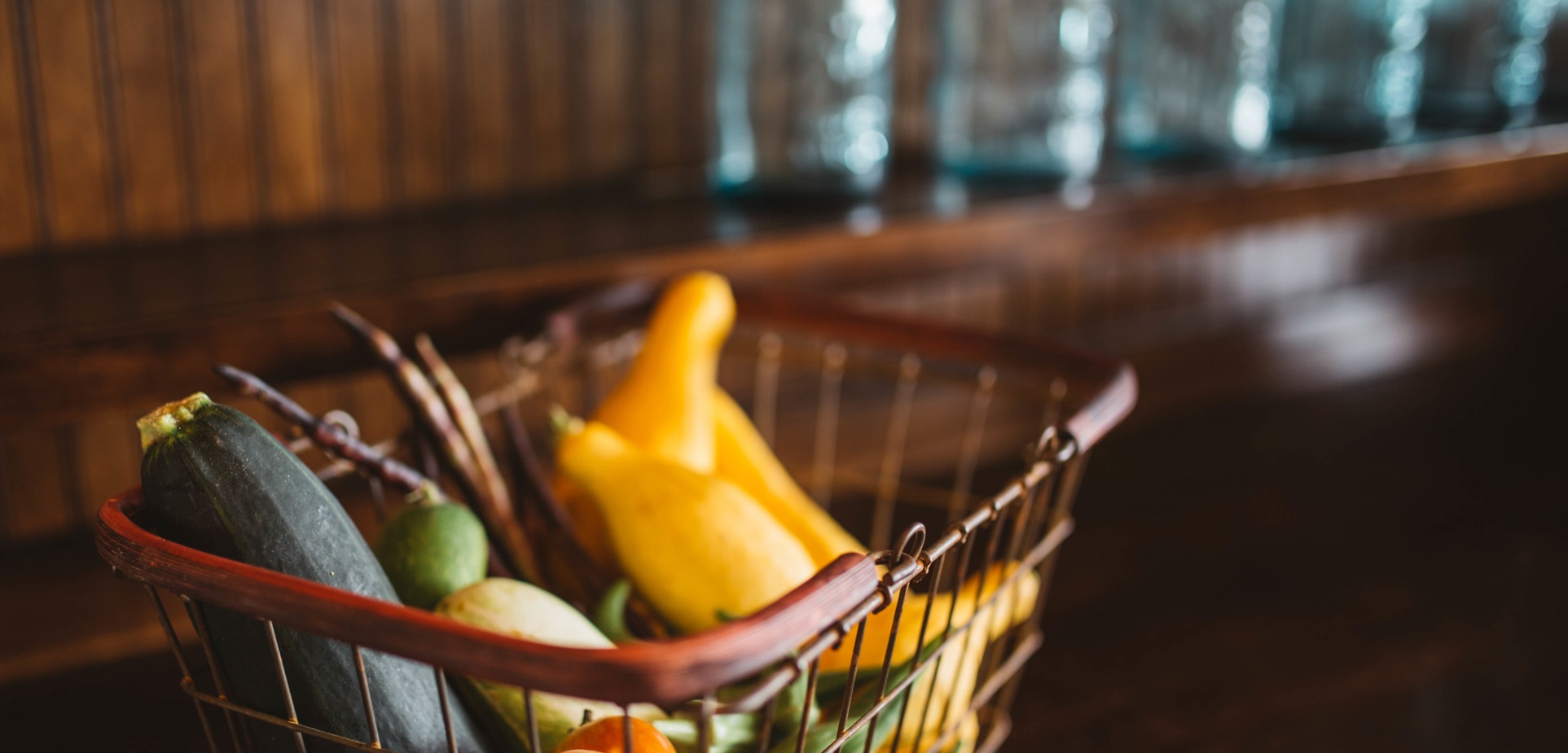
Some people choose to replace beef and chicken with meat substitutes that imitate the texture and flavor of meat, many of which are made with soy. If you choose to eat these products, it is important to take a look at the ingredient list and see what else is in there with the soy, and to check the nutrition facts so that you can see how high the protein content actually is. Soy comes in a variety of forms including tofu, tempeh, miso, and edamame. It contains much more protein per serving than most other non-meat foods. However, there has been some concern over the past couple of decades about poor quality of the soy that is available to us, and adverse effects of eating large amounts of soy, particularly because of the compound in soy that mimics estrogen. Since the early 1990s Americans have been consuming more and more soy, and many scientists are concerned about long term effects of this increase. Studies investigating the hypothesis that soy can lower fertility in both men and women, for instance, have been inconclusive. It will take time for scientists to have sufficient data to study the long term effects of copious soy consumption in humans, though studies on rats suggest that it could potentially be harmful. Here at Evolution we sell delicious soy-free protein bars, including Betsy’s Best Real Food Bars, Health Warrior Chia Bars, and Skout Organic Trailbars.
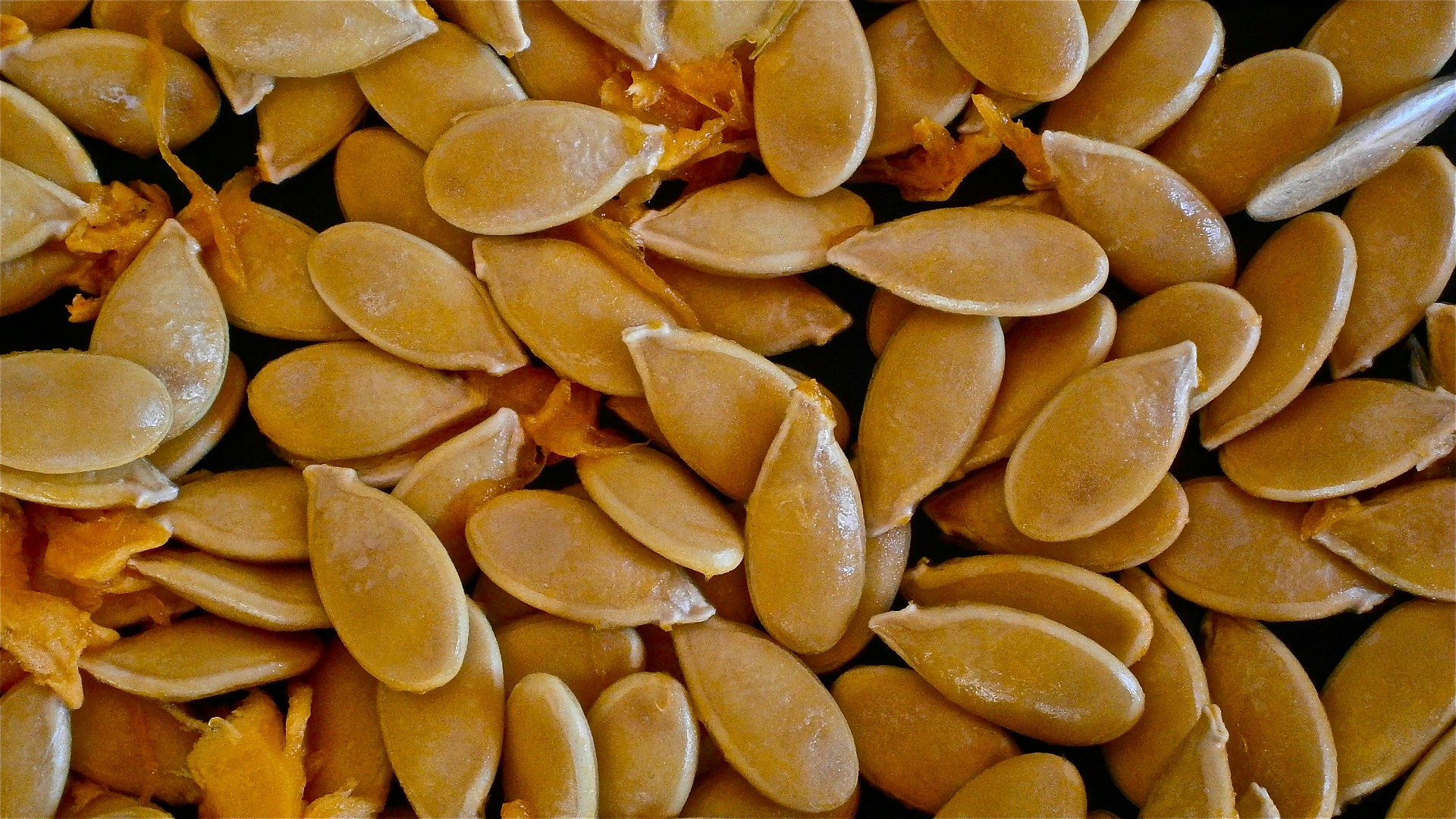 You may have heard health enthusiasts toss around the phrase “complete protein.” This simply means that you are eating something that contains all nine of those amino acids mentioned above. Many people stress out about including a complete protein every time they sit down to eat, but each meal does not need to contain every amino acid. Just make sure that you are getting enough of all of them throughout the day. Quinoa, pistachios, chia seeds, and black-eyed peas are all complete proteins by themselves. Pairs that form complete proteins include rice with beans, pita with hummus, and peanut butter with whole grain bread.
You may have heard health enthusiasts toss around the phrase “complete protein.” This simply means that you are eating something that contains all nine of those amino acids mentioned above. Many people stress out about including a complete protein every time they sit down to eat, but each meal does not need to contain every amino acid. Just make sure that you are getting enough of all of them throughout the day. Quinoa, pistachios, chia seeds, and black-eyed peas are all complete proteins by themselves. Pairs that form complete proteins include rice with beans, pita with hummus, and peanut butter with whole grain bread.
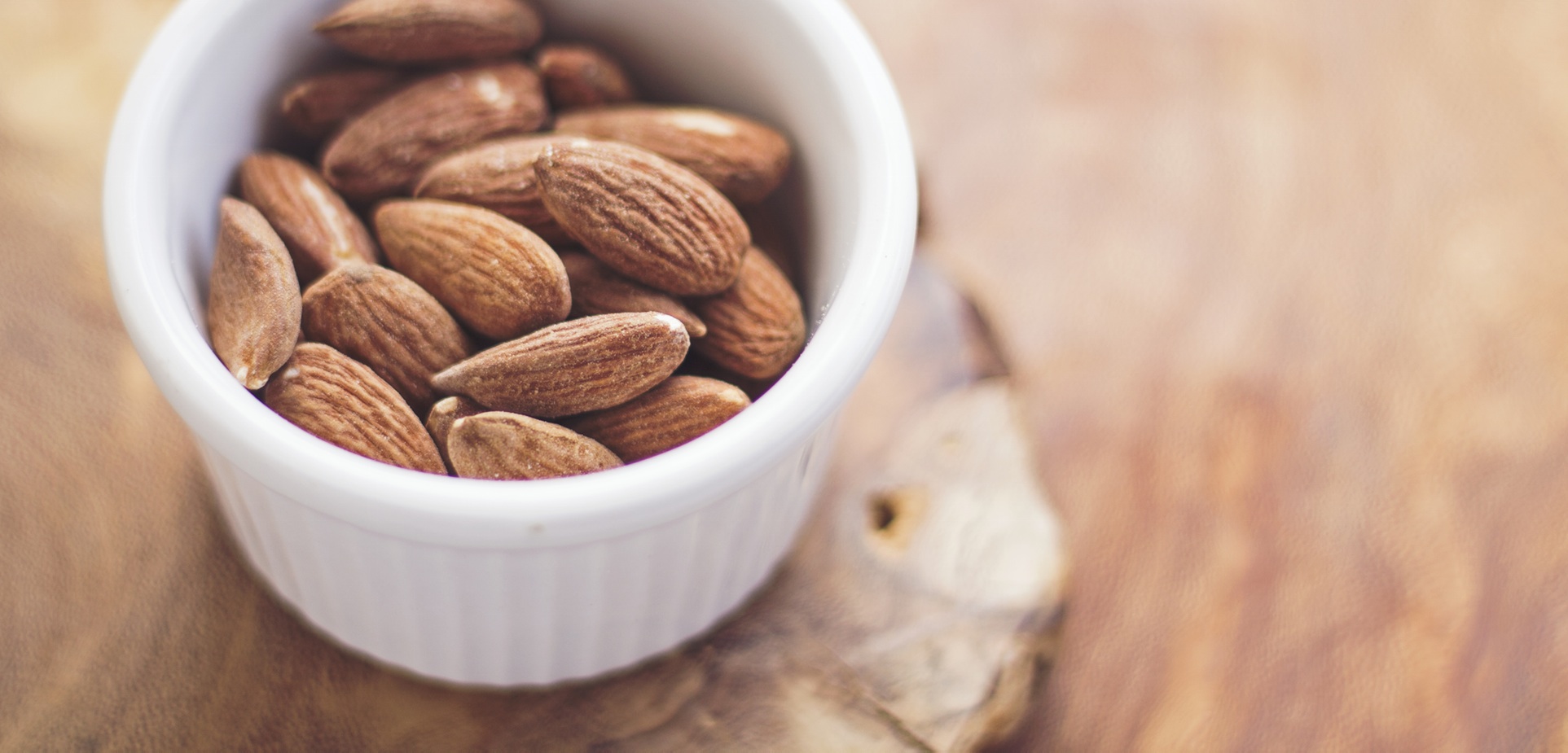 Nuts and seeds are particularly good when you are on the go. Skout Organic Trailpak pumpkin seeds, which are available for purchase at Evolution, contain 10 grams of protein in each serving. We also sell Trail Butter, a healthy nut butter that contains 5 grams of protein in just 2 tablespoons. Both Skout and Trail Butter are local businesses based out of Portland.
Nuts and seeds are particularly good when you are on the go. Skout Organic Trailpak pumpkin seeds, which are available for purchase at Evolution, contain 10 grams of protein in each serving. We also sell Trail Butter, a healthy nut butter that contains 5 grams of protein in just 2 tablespoons. Both Skout and Trail Butter are local businesses based out of Portland.
Beans contain quite a bit of protein and can be used in many different ways. They enhance chili, soups, and stews, can be thrown onto salads or served with a grain of your choice. Homemade tacos can be quite healthy if you nix the greasy meat and make sure that your refried beans do not contain lard…check for beans that are labelled “fat free” or “vegetarian.” Chickpeas, also known as garbanzo beans, pack a punch of protein and can be enjoyed in hummus, falafel, or goulash. These are all highly customizable dishes that can serve as vehicles for your favorite seasonal veggies as well.
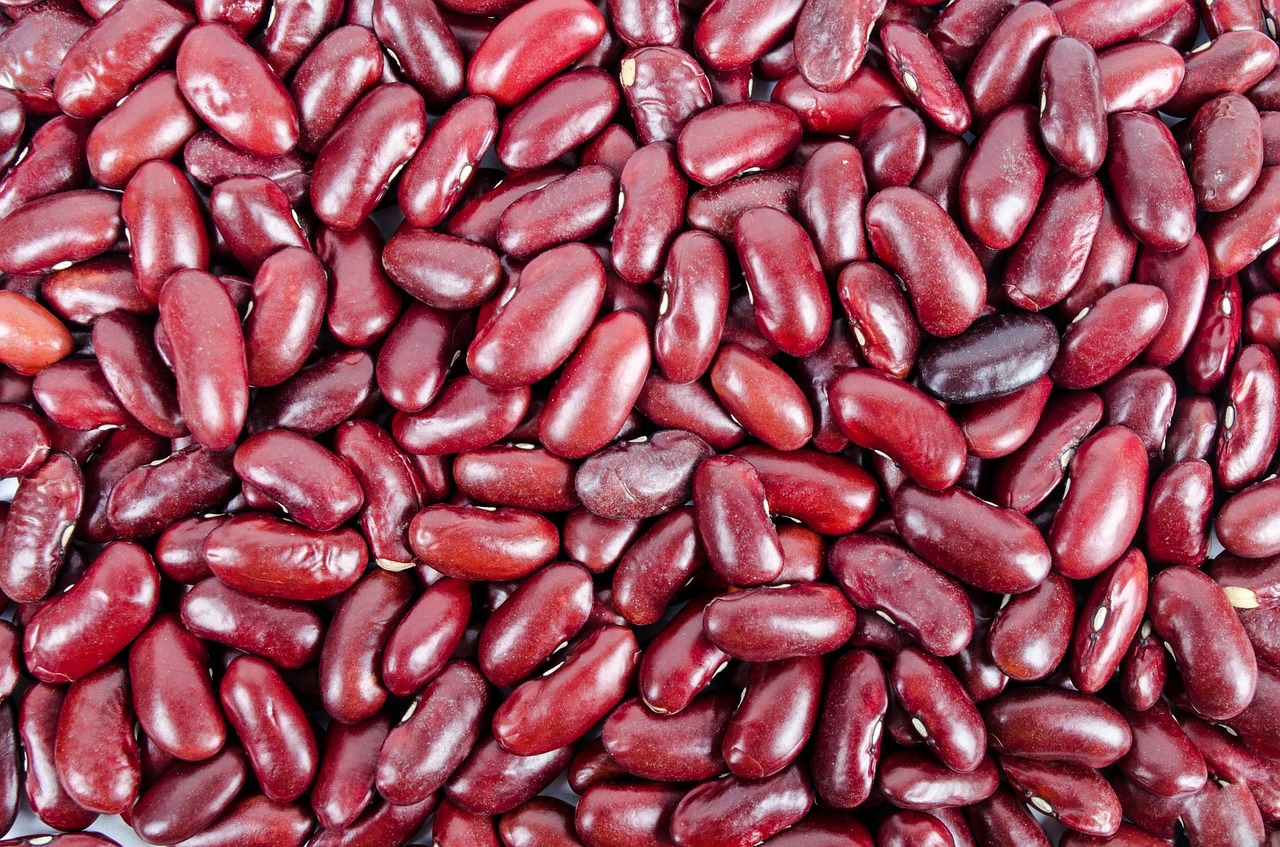 Speaking of vegetables, spinach and broccoli are excellent sources of protein. If you eat them raw you will get a solid dose of fiber, but they are still incredibly healthy when cooked. Pay attention to the color of your vegetables—anything that is a dark, rich green is likely to be a good place to get some extra grams of protein. If you are looking for recipes that incorporate a variety of veggies, head over to MyVega.com and click on the tab labelled “Recipes.” Some of these recipes call for Vega products such as their shake and juice mixes, which can be purchased at Evolution (they are all gluten free, soy free, and non-GMO). Many of the recipes, however, don’t include any Vega products at all…just veggies, grains, and other plant-based foods that can be purchased at your local grocery store.
Speaking of vegetables, spinach and broccoli are excellent sources of protein. If you eat them raw you will get a solid dose of fiber, but they are still incredibly healthy when cooked. Pay attention to the color of your vegetables—anything that is a dark, rich green is likely to be a good place to get some extra grams of protein. If you are looking for recipes that incorporate a variety of veggies, head over to MyVega.com and click on the tab labelled “Recipes.” Some of these recipes call for Vega products such as their shake and juice mixes, which can be purchased at Evolution (they are all gluten free, soy free, and non-GMO). Many of the recipes, however, don’t include any Vega products at all…just veggies, grains, and other plant-based foods that can be purchased at your local grocery store.
If you want to meet with a professional to discuss the relationship between your diet and your overall health, not to mention your athletic performance, get in touch with us. Our Registered Dietitian, Alex Borsuk, has an M.S. in Clinical Nutrition from Ohio State University and is an athlete herself.
Works Cited
English, Nick. “12 Complete Proteins Vegetarians Need to Know About.” Greatist. N.p., 29 Apr. 2015. Web. 23 Jan. 2016. <http://greatist.com/health/complete-vegetarian-proteins>.
Frazier, Matt. “Vegetarian Protein Foods.” No Meat Athlete. N.p., n.d. Web. 23 Jan. 2016. <http://www.nomeatathlete.com/vegetarian-protein/>.
Hadhazy, Adam. “Soy Vey! Does Eating Tofu Lower Sperm Count?” Scientific American. N.p., 23 July 2008. Web. 23 Jan. 2016. <http://blogs.scientificamerican.com/news-blog/soy-vey-does-eating-tofu-lower-sper-2008-07-23/>.
Konkel, Lindsay. “Could Eating Too Much Soy Be Bad For You?” Scientific American. N.p., n.d. Web. 23 Jan. 2016. <http://www.scientificamerican.com/article/soybean-fertility-hormone-isoflavones-genistein/>.
MacMillan, Amanda. “14 Best Vegan and Vegetarian Protein Sources.” Health.com. Health Magazine, n.d. Web. 23 Jan. 2016. <http://www.health.com/health/gallery/0,,20718479,00.html>.
Rodriguez, N. R., N. M. Di Marco, and S. Langley. “American College of Sports Medicine Position Stand. Nutrition and Athletic Performance.” Medicine & Science in Sports & Exercise 41.3 (2009): 709-31. National Center for Biotechnology Information. U.S. National Library of Medicine, Mar. 2009. Web. 23 Jan. 2016. <http://www.ncbi.nlm.nih.gov/pubmed/19225360>.
Ruscigno, Matthew, MPH, RD, and Matt Frazier. “Protein–A Primer for Vegetarians.” No Meat Athlete. N.p., 18 Nov. 2010. Web. 23 Jan. 2016. <http://www.nomeatathlete.com/vegetarian-protein-primer/>.
“Why Vega.” MyVega.com. N.p., n.d. Web. 25 Jan. 2016. <https://myvega.com/why-vega/>.

